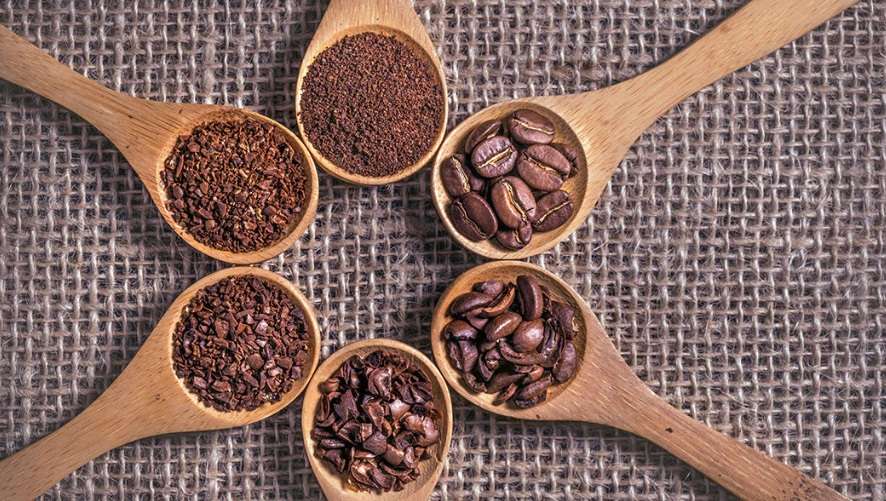
Fair Trade Dark Roast Coffee combines the rich, bold flavors of darkly roasted coffee beans with the principles of Fair Trade. The essence of Fair Trade lies in fairness and direct support to the coffee farmers. By adhering to Fair Trade practices, these coffees ensure that producers receive fair compensation, contributing to sustainable community development and improved environmental practices.
Dark roast coffee, characterized by its deep, chocolatey, and sometimes smoky flavors, is roasted longer to achieve a darker color and a robust profile that many coffee lovers cherish.
Key Takeaways for Fair Trade Dark Roast Coffee
- Ethical Sourcing: By choosing Fair Trade dark roast coffee, you support ethical practices that ensure farmers receive fair wages and work under safe conditions.
- Community Support: Part of the premium paid for Fair Trade products goes directly into community projects like healthcare, education, and infrastructure.
- Environmental Sustainability: Fair Trade farmers often employ organic methods that minimize the use of harmful chemicals and encourage biodiversity.
- Quality and Transparency: Fair Trade not only improves quality of life for farmers but also enhances the quality of the coffee itself through strict standards and transparency.
The Production Process of Fair Trade Dark Roast Coffee
The journey from bean to cup for Fair Trade dark roast coffee is meticulous and impactful. It begins with the careful selection of coffee beans, typically of higher quality due to the stringent standards required by Fair Trade certifications. Farmers engage in sustainable farming practices that preserve the soil and local ecosystems. After harvesting, the beans are sorted and roasted to a dark level, which enhances their natural flavors and aromas.
Throughout this process, steps are taken to ensure compliance with Fair Trade standards, including regular audits and community engagement, ensuring every sip reflects both quality and care.
Environmental and Social Impact
Fair Trade practices have a profound impact on both the environment and the communities involved in coffee production. By choosing Fair Trade coffee, consumers contribute to sustainable farming practices that maintain soil health and reduce the use of harmful chemicals. These environmentally friendly methods help preserve vital ecosystems and biodiversity in coffee-growing regions.
In social terms, Fair Trade significantly enhances the lives of coffee farmers and their communities. The Fair Trade premium—that extra amount paid on top of the agreed fair price—funds crucial projects. These can include building schools, improving healthcare facilities, and ensuring clean water is available. This holistic approach not only boosts the local economy but also improves living standards, creating a cycle of positive development that benefits everyone involved.
Health Benefits of Dark Roast Coffee
Dark roast coffee is not only known for its bold flavor but also for its potential health benefits. One of the key advantages is its antioxidant content. These antioxidants, including polyphenols and hydrocinnamic acids, help neutralize harmful free radicals in the body, potentially reducing the risk of chronic diseases such as type 2 diabetes and heart disease.
How to Choose the Best Fair Trade Dark Roast Coffee
Selecting the best Fair Trade dark roast coffee involves looking for both quality and ethical assurances. Start by checking for Fair Trade certifications on the packaging. This label ensures that the coffee meets stringent standards of fair wages and working conditions for farmers. Additionally, look for organic certifications, as these often go hand-in-hand with Fair Trade practices, indicating that the coffee is grown without harmful pesticides and herbicides.
When choosing a dark roast, consider the bean’s origin and roast date. Freshly roasted beans will provide a richer flavor, so try to buy coffee that has been roasted within the past month. Single-origin coffees can offer unique flavors and aromas that reflect their specific growing region, enhancing your coffee experience. Lastly, trust your taste—opt for brands that align with your flavor preferences, whether you’re looking for a smoother, sweeter profile or a robust, smoky blend.
Brewing the Perfect Cup of Fair Trade Dark Roast Coffee
Brewing a perfect cup of Fair Trade dark roast coffee is all about enhancing the unique characteristics of the roast. For dark roasts, a French Press or an Aeropress is ideal as these methods allow the rich, bold flavors to shine without introducing bitterness. Use fresh, cold water and if possible, grind your beans just before brewing to preserve their full flavor profile.
The water temperature should be just off the boil, around 195 to 205 degrees Fahrenheit, to extract the optimal flavor. Experiment with the brewing time; generally, dark roasts do well with a slightly shorter brew time to prevent over-extraction, which can lead to a bitter taste. Finally, adjust the coffee-to-water ratio to suit your taste, but a good starting point is about 2 tablespoons of coffee for every 6 ounces of water. With these tips, each cup should highlight the deep, rich tones of your Fair Trade dark roast coffee.
FAQs
How does Fair Trade improve community well-being?
Fair Trade significantly enhances the lives of coffee growers and their communities by ensuring fair wages and safe working conditions. The premiums paid for Fair Trade products contribute to community projects like building schools and healthcare facilities, thus fostering sustainable development and improving the quality of life.
What is the difference between regular and Fair Trade coffee?
The key difference lies in the economic and social benefits provided to the coffee growers. Fair Trade coffee guarantees farmers a minimum price and a premium for their goods, promoting more stable income and investment in community projects. Regular coffee does not necessarily include these benefits and may be sourced from farms with varying labor standards.
How does dark roast affect caffeine content?
Interestingly, dark roast coffee generally contains slightly less caffeine than lighter roasts. This is due to the longer roasting process, which slightly reduces the bean’s caffeine content. However, the difference is minimal and often not noticeable in terms of the stimulating effects.
Final Thoughts
Fair Trade Dark Roast Coffee offers more than just a robust and enriching flavor experience; it supports ethical practices and sustainable development in coffee-growing communities. By choosing Fair Trade, you’re not only enjoying a delicious cup of coffee but also contributing to the betterment of global communities and the environment.









